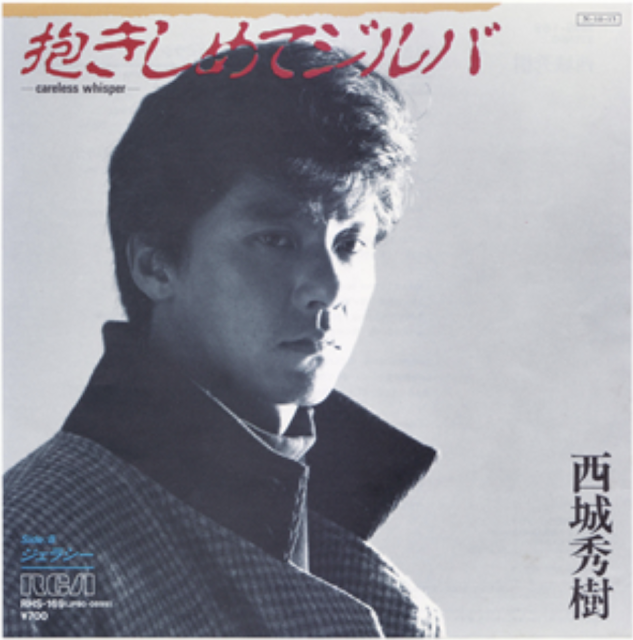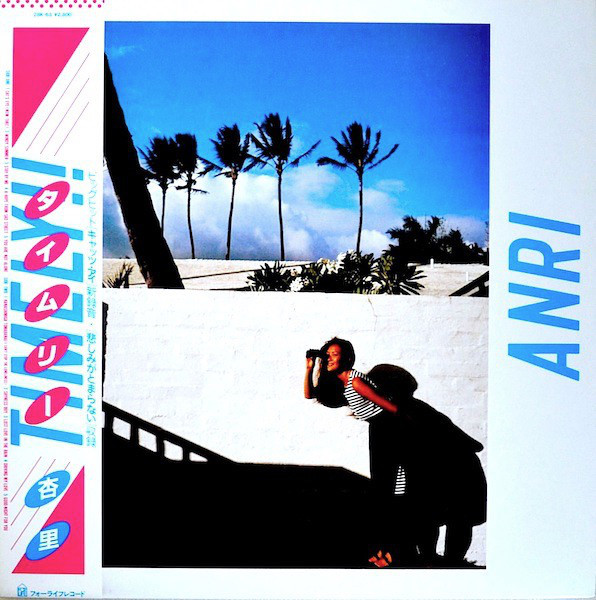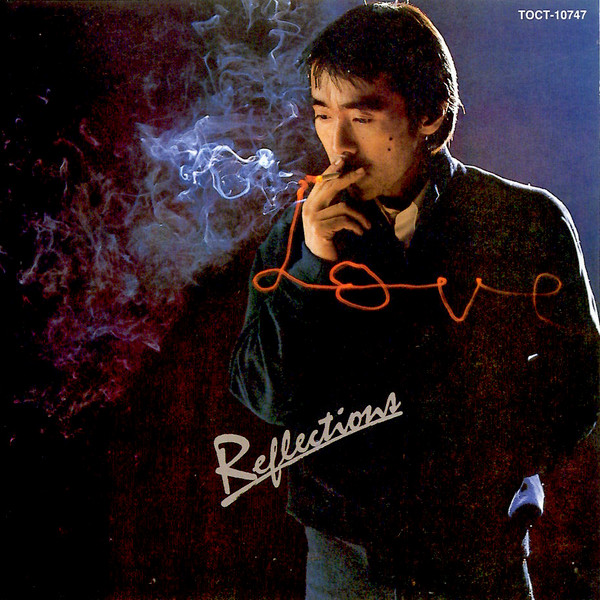MIYAVI 「Imaginary」Interview with Natalie Music [English Translation] Part 1.
In a changing world, MIYAVI discusses what he would like to sing about and the message he has for the future.
Unstoppable MIYAVI
-On September 14th you’ll turn 40 (This interview was held in the middle of August). Do you have any strong feelings about that?
Of course. Rather than the number 40 itself, the more I age, the more my relationship with my own body has changed. In the past, Ichiro-san also said this, but when speaking about physical ability at the cellular level, no matter what you do, it will deteriorate. I also think my motor nerves and reflex nerves are good, but it’s starting to take more time for my wounds to heal (laughs). However, regarding that, while managing to keep balance through cultivated experiences and knowledge, I've continued to grow. Now, I feel like through such learning, I can feel the happiness of life. If I can repeatedly discover and do things until I die, even if my body declines, I feel that my heart won’t. Each day kind of repeats like that, doesn’t it?
-Last March, you had an interview with Natalie Music regarding your previous work, “Holy Nights.” This was around the time the pandemic started to worsen. From there, MIYAVI-san, your family has appeared on various variety programs, you serialized the virtual project, “Virtual LIVE,” and you were inaugurated as the ECC Language Study Education Promotion Ambassador where you started the YouTube program “Samurai English.” You’ve been quite busy.
The only thing in my head was, “You can’t stop.” I thought it would be bad if [my activities in] 2020 were to end here and I felt that there were a lot of things that we are unable to get back. Of course, I was also full of anxiety among other things. There were no vaccines and the condition wasn’t suitable to hold live shows. But, that’s exactly why I decided to continue moving forward and put out music, no matter the form, like with “Virtual LIVE." The media I put out with my family gained exposure in the same way. What could we do with the environment we’d been given? While fumbling around, I was forced to think about my own role and whatnot. Anyways, I wanted to put some of my ideas into action.
- In all of that, when did you begin production of “Imaginary”
Actually, when the 2020 Olympics were decided to be held, I planned on putting it out immediately after that. There was also a song I had stashed away prior to that, but the Olympics were postponed so I kept it on ice. Inside a world that drastically shifted due to the evil of corona, I thought, "what should I appeal to?" Moreover, I decided to make a conscious album, and restarted the production. I also began writing lyrics, which I hardly write, for this album after this year started. I also recorded all the vocals in one go around March. After all, I wanted to be particular about creating something that could resonate with the times. With that, I finished everything around June.
-Now, in these times, how do you appeal to what you want to resonate with? I feel like that answer is something that can be found in the album title, “Imaginary”
 Yes, it’s always been common to have support for refugees, but natural disasters, well not only natural disasters, but in this dangerous stage, what is important was things like medical treatment, water, food. The next important thing is education and culture. For us humans, we learn and obtain dignity from education and culture. Not being able to see the future is really scary. After all, is it not special to picture the future, image it, and have the power to indicate what’s going to happen? I think that’s the significance of music existing. Of course, I think of movies, anime, as well as manga in that way too. As a musician, with musical imagination, I will point to the future. That’s my personal role and I realized it’s my motivation for living. In contrast, If I say that, I don’t think that that is my only reason to keep living.
Yes, it’s always been common to have support for refugees, but natural disasters, well not only natural disasters, but in this dangerous stage, what is important was things like medical treatment, water, food. The next important thing is education and culture. For us humans, we learn and obtain dignity from education and culture. Not being able to see the future is really scary. After all, is it not special to picture the future, image it, and have the power to indicate what’s going to happen? I think that’s the significance of music existing. Of course, I think of movies, anime, as well as manga in that way too. As a musician, with musical imagination, I will point to the future. That’s my personal role and I realized it’s my motivation for living. In contrast, If I say that, I don’t think that that is my only reason to keep living.
-So, due to that kind of concept, compared to your previous works, “Imaginary” is structured with one singular message in mind?
Yeah, but isn’t every artist like that right now? In this state where we can either live or die, regarding life, to what extent can we answer that we know what will happen? But it’s not just that. Even relating to corona, we don’t really know how many variants will continue to appear. And not only that, presently, the political situation in Afghanistan is unstable, there was the earthquake in Haiti, in China you have the heavy rains, and if climate change become even more dangerous, there are many problems we are going to have to face in order to maintain society. Now, in this moment, the world will continue to change. Under these circumstances, I thought, “What do you want to sing about,” and the answer is in this album. It’s kind of like my own “Ue wo Muite Arukou”*
Jeff Miyahara and PERIMETRON’s Common Point
-This time’s co-writer, Jeff Miyahara, was involved with all of his might.
I met him last year. Originally, he was only supposed to help with vocal direction, but because he came to positively impact things beyond that, it resulted in him having a deeper relation to the sound direction as well. He has a fiery passion. Unable to go back to Los Angeles, I recorded songs, and if there were things I could only do in Japan, even if all I could do was go to Tokyo, I wanted to try them with people that had senses similar to mine. The essential framework for the entire sound production was Lenny, as always, but things like the vocal approach and parts on the sound direction were largely done by Jeff.
-Specifically?
Well, he works in the field of J-POP, but that innate approach isn’t like the J-POP that's rising within Japan. That is, it feels like “If you create pop where Japan is looking out to the word, that is also equal J-POP.” I think that I was able to receive a pop sense that I didn’t have before. I think that through the way the vocal tracks are overlapped, the way the music was made, the entire sound direction, the vision, Jeff, Lenny, I, and all the members involved were able to reach a new ground with this album. I think that my sound from hereafter will strongly be influenced by him.
 | |||
 | |||
-For you (MIYAVI), was there any point that was new to the way you produce your work?
The first would probably be the method in which we recorded the songs. Jeff’s direction, is like that of an anime character or like a scene from a movie. Because we shared a more concrete inspiration, and of course, I sing as MIYAVI, but it was fresh to sing like I was playing a role in a story. After that, another new point would be the sound dynamics. In rock, people are prone to neglecting the ability to do certain things, but with Jeff, it feels like he polishes and displays the songs one by one. With this point, I feel like there are probably portions that flow well with hip hop. I came to greatly study his way of creating this sort of sophisticated pop
-Why did you appoint PERIMETRON to be in charge of your music video, album cover, and artist photo?
Regarding the visuals, unable to fly to Los Angeles, I wanted to do something I could do only in Japan. In a conversation I had with King Gnu’s Tsuneta-kun (Daiki Tsuneta), we talked about, not necessarily the YMO and London Tomato in the old days of Tokyo, but more like when you’re being attracted to the smell of creating an era with a unique sense of beauty and collective heat. As a solo artist, that’s not something I have, but it has the feeling of a well-intentioned school club where the bonds are really strong and there’s a lot of trust. Although, according to them, I’m probably a character like Shuzo Matsuoka.**
-Shuzo Matsuoka (laughs)
Honestly, their progression was considerably unique (laughs), but their communication in relation to the creation of the project was simple and they didn’t waste time. There also wasn’t any compromise. In that regard, it was like having the warmth of a creator that would drink alcohol and share stories with you. It was like they all had feelings with no borders. Because they differed from me, I feel that, personally, I was able to discover and learn new things. If the opportunity to work together arises again, I’d definitely would want to work with them.
The Things You Should See In An Era That Feels Like it Belongs In A Textbook
-In this piece of work, with the first track “New Gravity” and the second track “Imaginary (feat. Kimbra)” the albums theme, “what do you want to sing about” is clearly shown. At the same time, was the backdrop of the values drawn with these 2 songs able to be greatly influenced through the experience you gained through “Virtual Live” ? Is that something you felt?
Yes. To be frank, I finished the album with those two songs in mind (laughs). And from there, I established the theme. You could say what was left was a song that would give people the freedom to float. I also wondered if “New Gravity” would be a good album title too, but wanting something that was catchy and would jump out at you, I decided on “Imaginary.” As such, these 2 songs became the core of the album.
This interview is translated from: https://natalie.mu/music/pp/miyavi14






Comments
Post a Comment